
The Battle for Uruguay
By Storybird

21 Sep, 2023

The tension between Brazil and Uruguay had been escalating for months. The world watched anxiously as the two nations teetered on the brink of war.
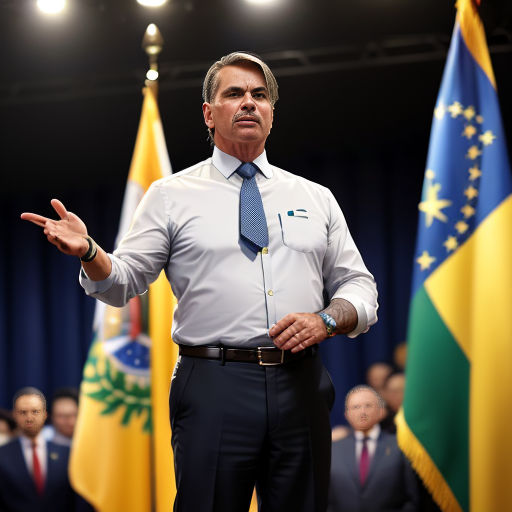
President Bolsonaro was resolute, his hawkish stance was clear. He wouldn't back down, not when the sovereignty of Brazil was at stake.
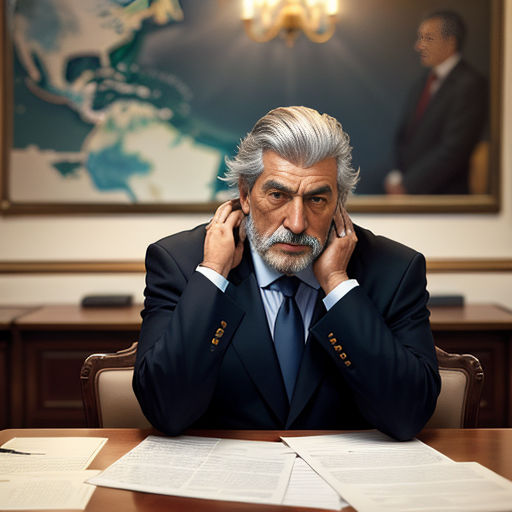
Across the border, Uruguay was preparing too. Their President, Alfredo, was a seasoned politician with a reputation for strategic cunning.
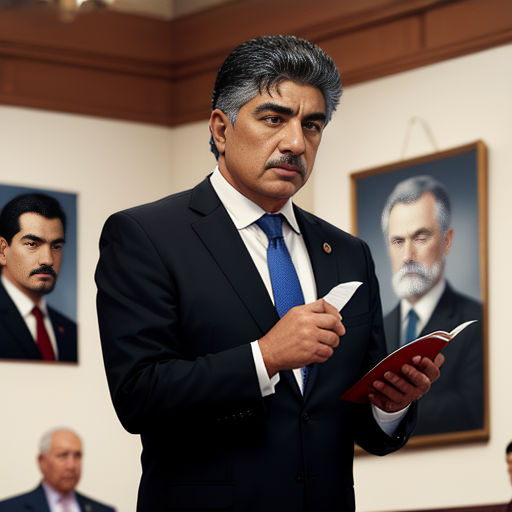
Alfredo knew that a war with Brazil was unfavorable. But he also understood that backing down would mean political suicide.

The media was buzzing with speculation and fear. Newsrooms worldwide were abuzz, each trying to predict the unpredictable.
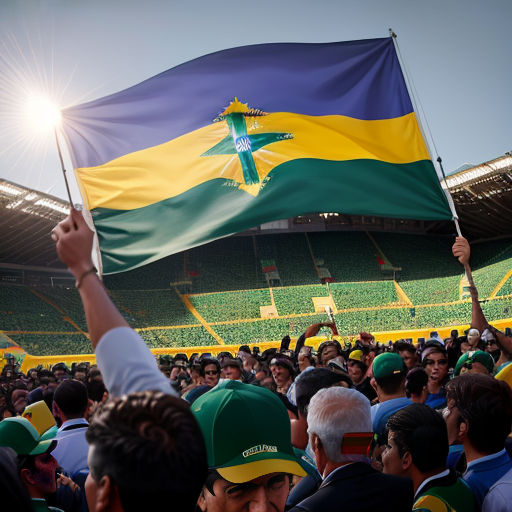
Bolsonaro, meanwhile, was rallying the troops. He gave fiery speeches, promising to protect Brazil at all costs.
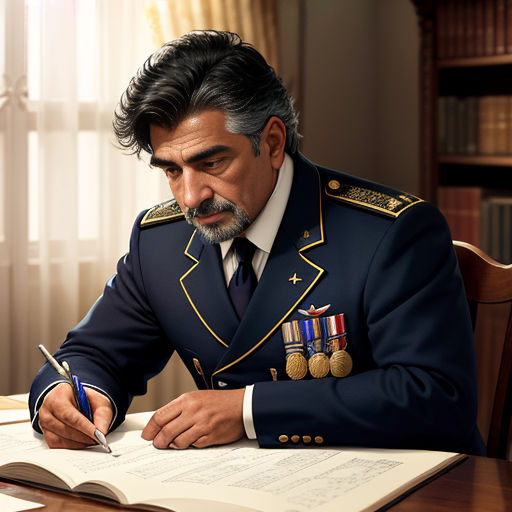
Alfredo was more subtle. He quietly bolstered the military, preparing for the inevitable conflict.
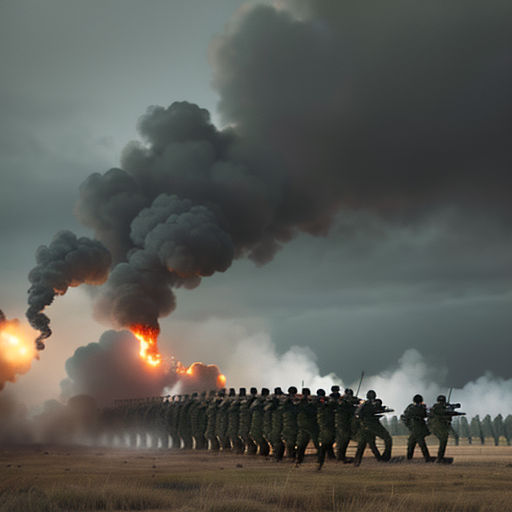
Finally, the day came. Brazil's forces crossed the border, marking the beginning of the Battle for Uruguay.
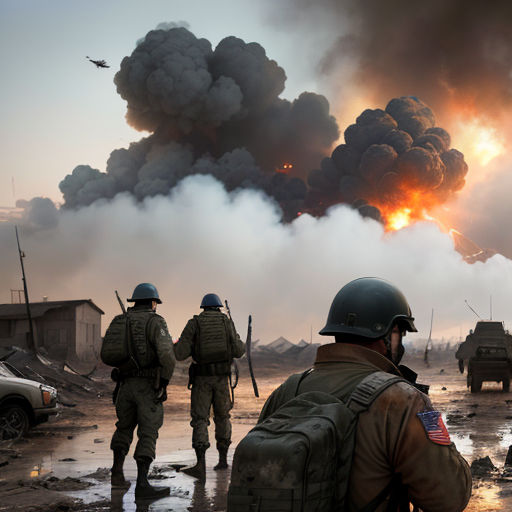
The first few days were chaotic. Neither side seemed to have the upper hand, with both suffering heavy casualties.
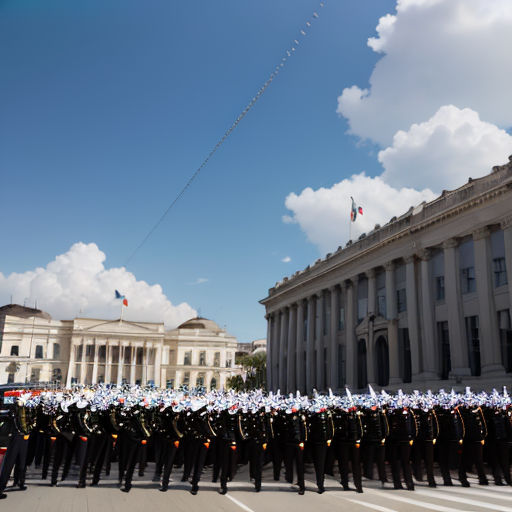
Bolsonaro remained undeterred. His resolve seemed to strengthen with every passing day, inspiring his soldiers.

Alfredo, on the other hand, was under immense pressure. His nation was being invaded and his people were scared.
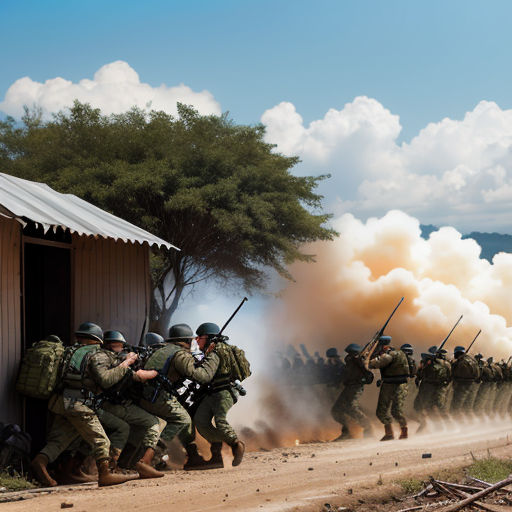
As the weeks passed, it became clear that Brazil had the upper hand. Their forces were pushing deeper into Uruguay.

Alfredo was desperate. He made a plea to the international community for help. But it fell on deaf ears.
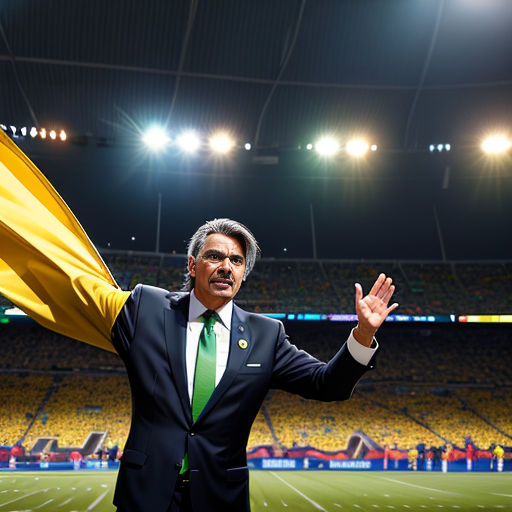
Bolsonaro, meanwhile, was celebrating. Brazil was winning and the world was watching.
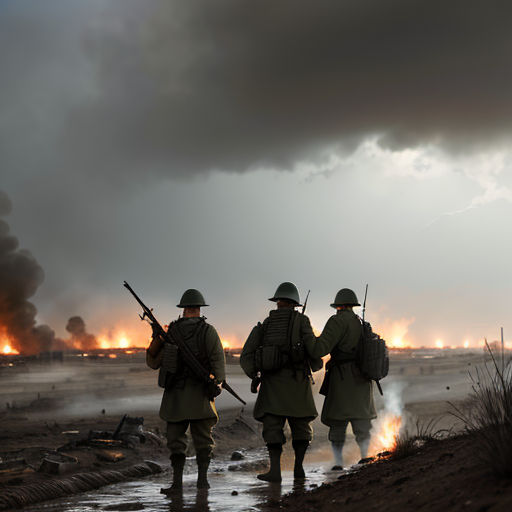
The war dragged on. The death toll rose. Yet, neither side was willing to back down.
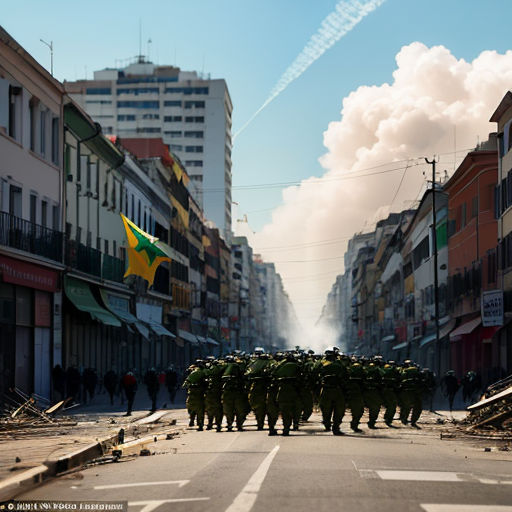
Finally, after months of fighting, Uruguay fell. Brazil's forces marched into Montevideo, their victory complete.
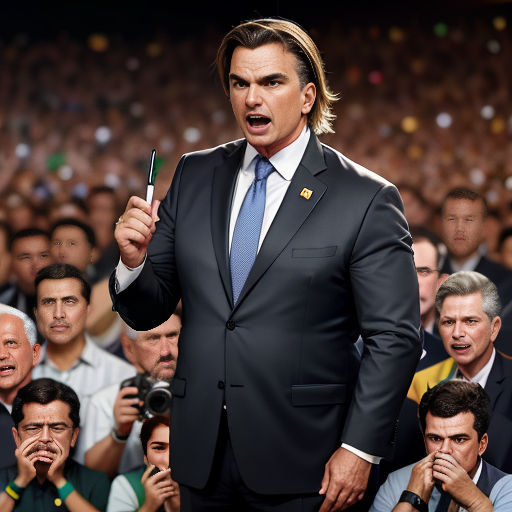
Bolsonaro declared the annexation of Uruguay. His nation cheered while the world watched in shocked silence.
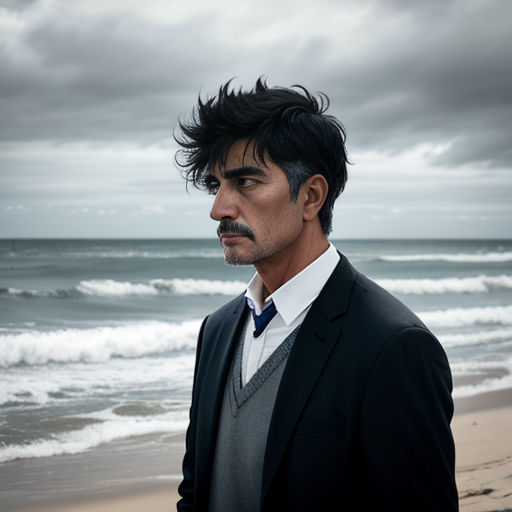
Alfredo, defeated and broken, resigned. He disappeared from the public eye, his political career over.
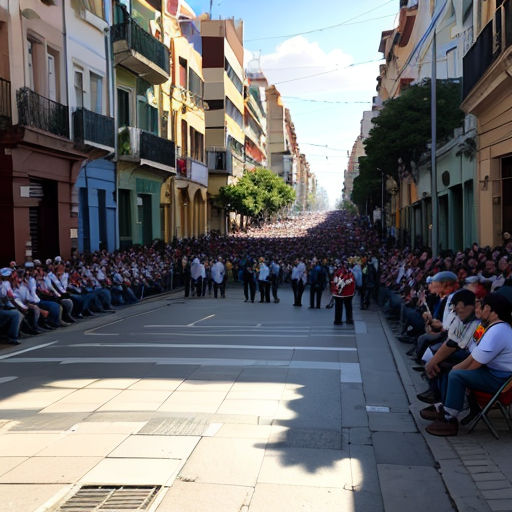
The aftermath was messy. Uruguay was now a part of Brazil, its identity threatened. Protests erupted across the nation.
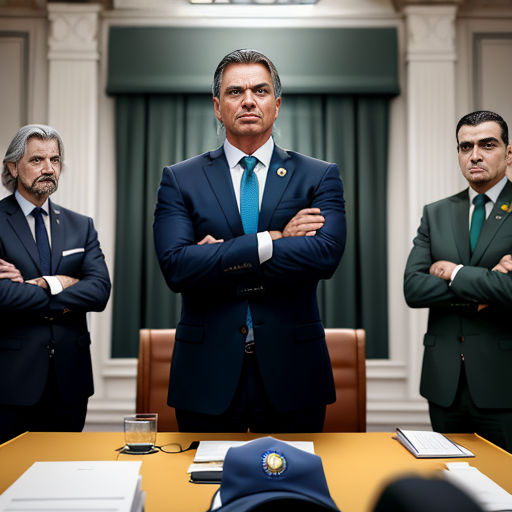
Bolsonaro, however, remained firm. He promised to integrate Uruguay into Brazil seamlessly. But his promises rang hollow.
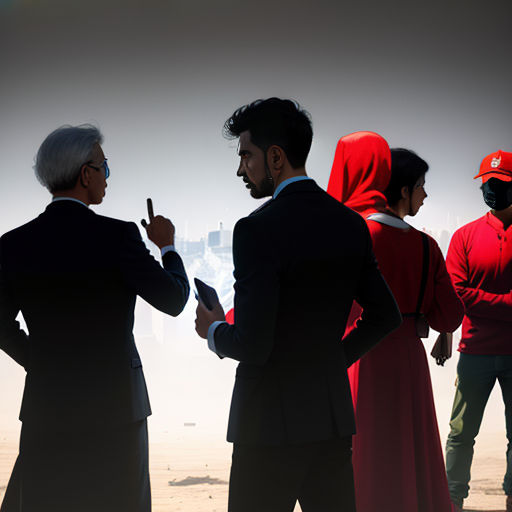
The international community was divided. Some condemned Bolsonaro's actions, others remained silent. There was no consensus.
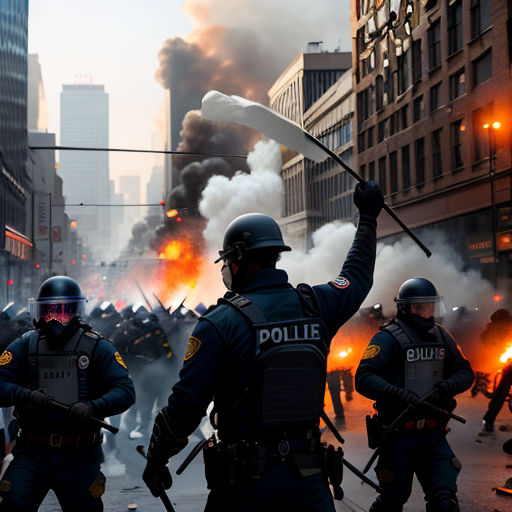
In Uruguay, the people were angry. They felt betrayed and abandoned. Protests turned violent, leading to further chaos.

Bolsonaro's grip on power began to weaken. His popularity plummeted as the situation in Uruguay deteriorated.
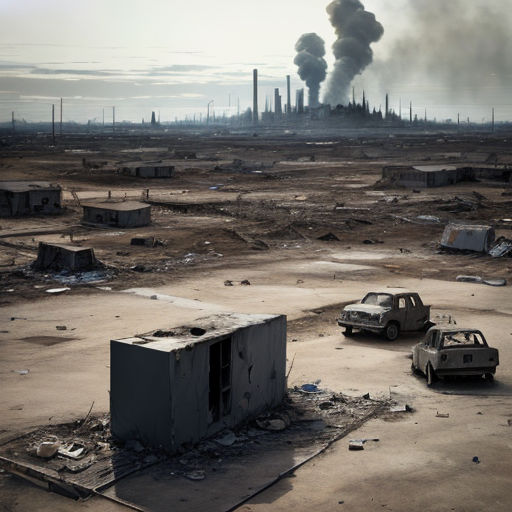
The Battle for Uruguay was over, but the war was far from it. Uruguay was a nation in turmoil, its future uncertain.

Bolsonaro's dream of a greater Brazil had come true. But at what cost? The scars of war ran deep, and the fight for Uruguay was far from over.